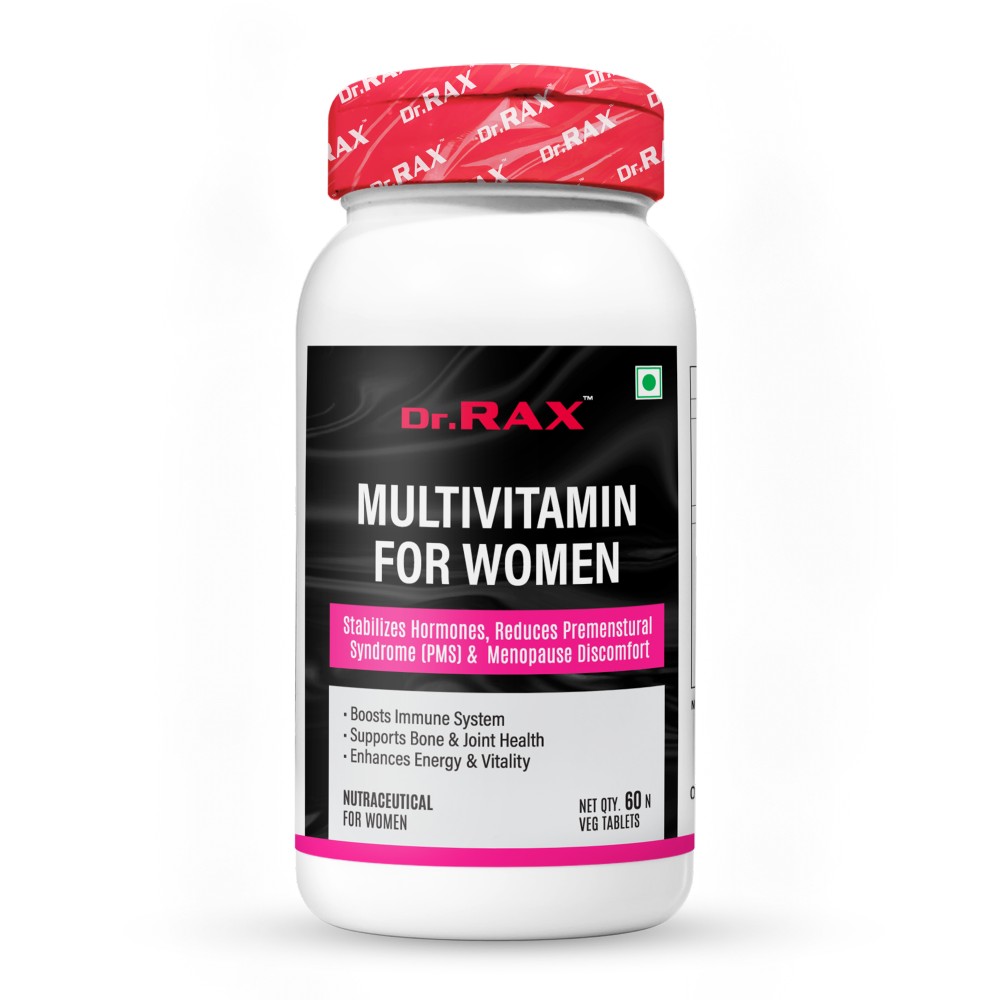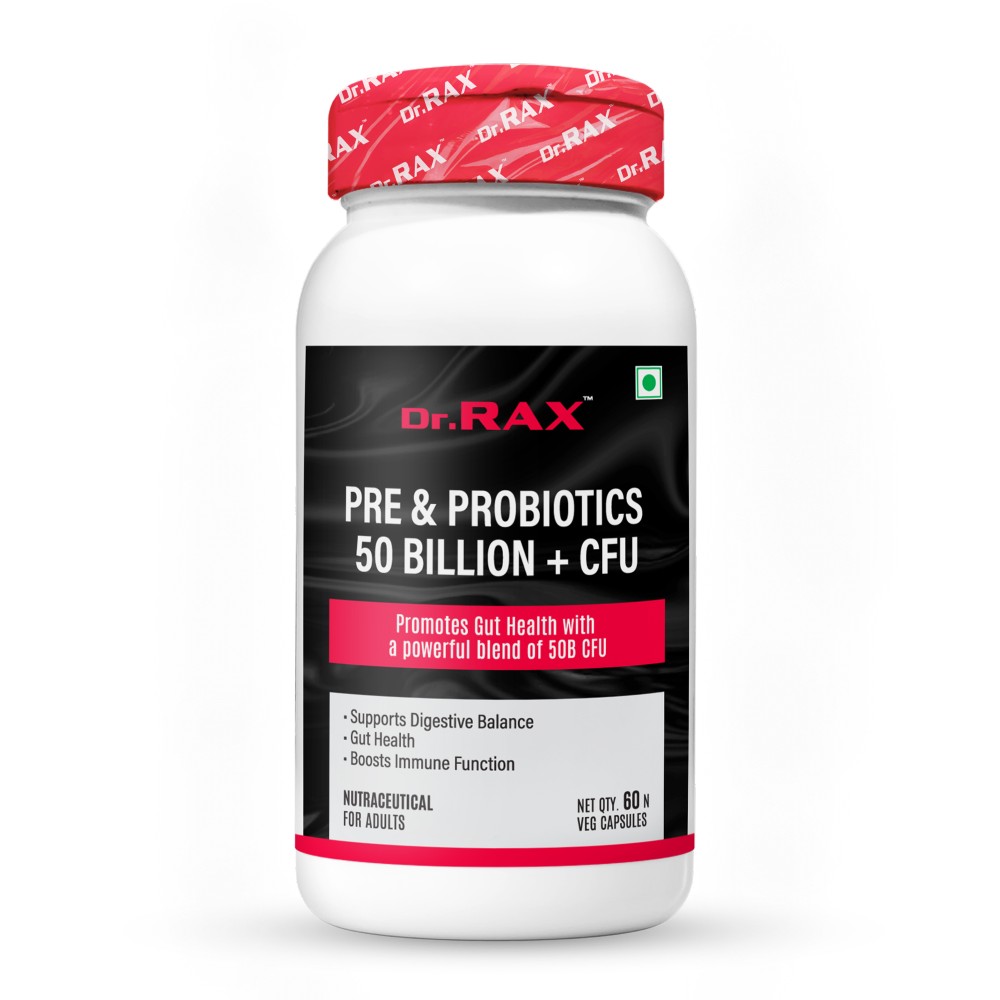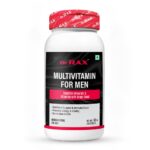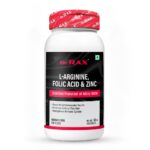
What to Know About Supplements
Many people take supplements to increase their daily consumption of particular nutrients and improve their overall health and well-being. For example, if you’ve ever taken a multivitamin, probiotics, fish oil, or melatonin, you’ve used dietary supplements.
Often sold over-the-counter at pharmacies and drugstores or online, supplements are typically taken orally as capsules, pills, gummies, liquids, or powders. They may include vitamins, minerals, herbs, amino acids, enzymes, and more. Some dietary supplements contain ingredients derived directly from food sources, while others are synthetically produced.
Before taking a supplement, it’s important to know its function, potential risks, and how to take it safely.
What Do Supplements Do?
Dietary supplements are primarily used as a way to, literally, supplement—add to—your diet. Some people take supplements to make sure they get enough of a particular important nutrient each day.
For example, someone who follows a vegetarian, vegan, paleo, or keto diet may not consume the daily recommended amounts of certain nutrients, like B vitamins. They may take supplements to bridge this gap. Others might use supplements to address a known vitamin deficiency.
Many adults in the United States take supplements to boost their daily consumption of key nutrients like:
- Calcium
- Iron
- Vitamin D
- Potassium
- Magnesium
- Vitamin B12
- Vitamin C
- Vitamin A
- Folic acid
- Fiber
Some people also take supplements to relieve the symptoms of a diagnosed health condition, prevent health problems, or provide certain health benefits. A few common examples include:1
- Using melatonin to treat insomnia
- Taking fiber supplements to regulate bowel movements
- Taking vitamin D or calcium to prevent bone loss
Types of Supplements
There are many different kinds of dietary supplements. Common types of supplements include:1
- Multivitamins. These supplements contain a mix of several vitamins and minerals in the recommended amounts. Often, they are once-daily pills for general health. Some multivitamins may be marketed as having a specific benefit, such as increased immunity or energy, and can include additional ingredients.4
- Individual vitamins. Supplement forms of one vitamin, such as vitamin C and vitamin D, may be used to target a specific deficiency.
- Minerals. Similarly, supplement forms of a particular mineral, such as potassium and calcium, can be used to manage a deficiency.
- Botanicals. Herbs and botanical compounds, such as ginger and caffeine, are often used for their purported health benefits, such as reducing inflammation or increasing energy.5
- Probiotics. Also known as live microbials, probiotic supplements are meant to support the growth of beneficial bacteria in your gastrointestinal tract.6
- Amino acids. These supplements can contain any of the nine essential amino acids or other non-essential amino acids. As the building blocks of protein, amino acids may offer several benefits. For instance, supplements to support athletic performance and recovery may contain amino acids.7








